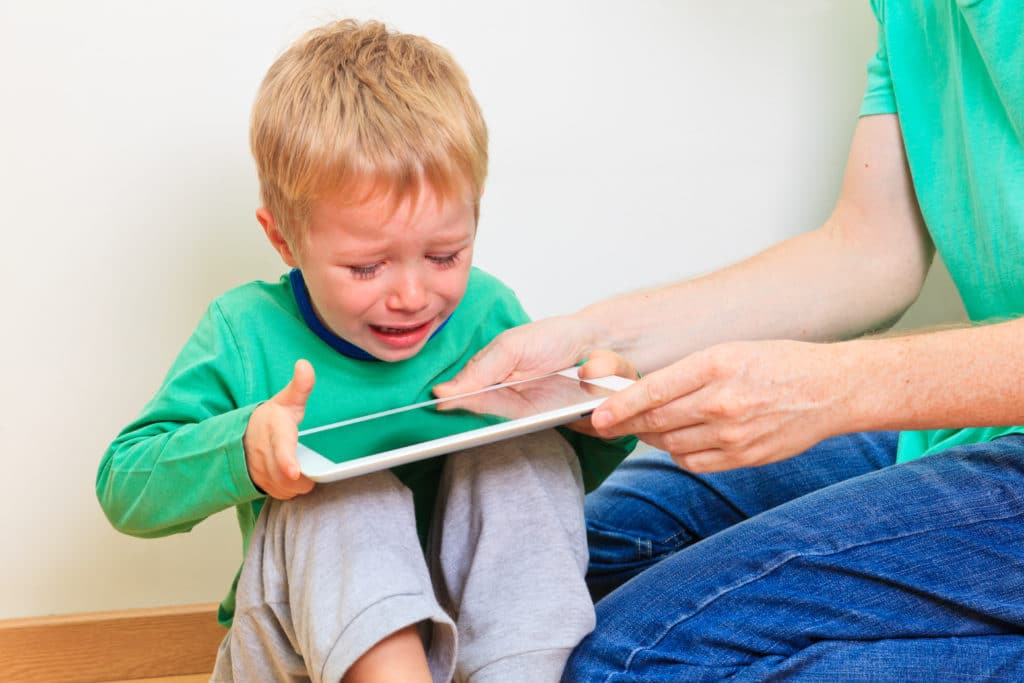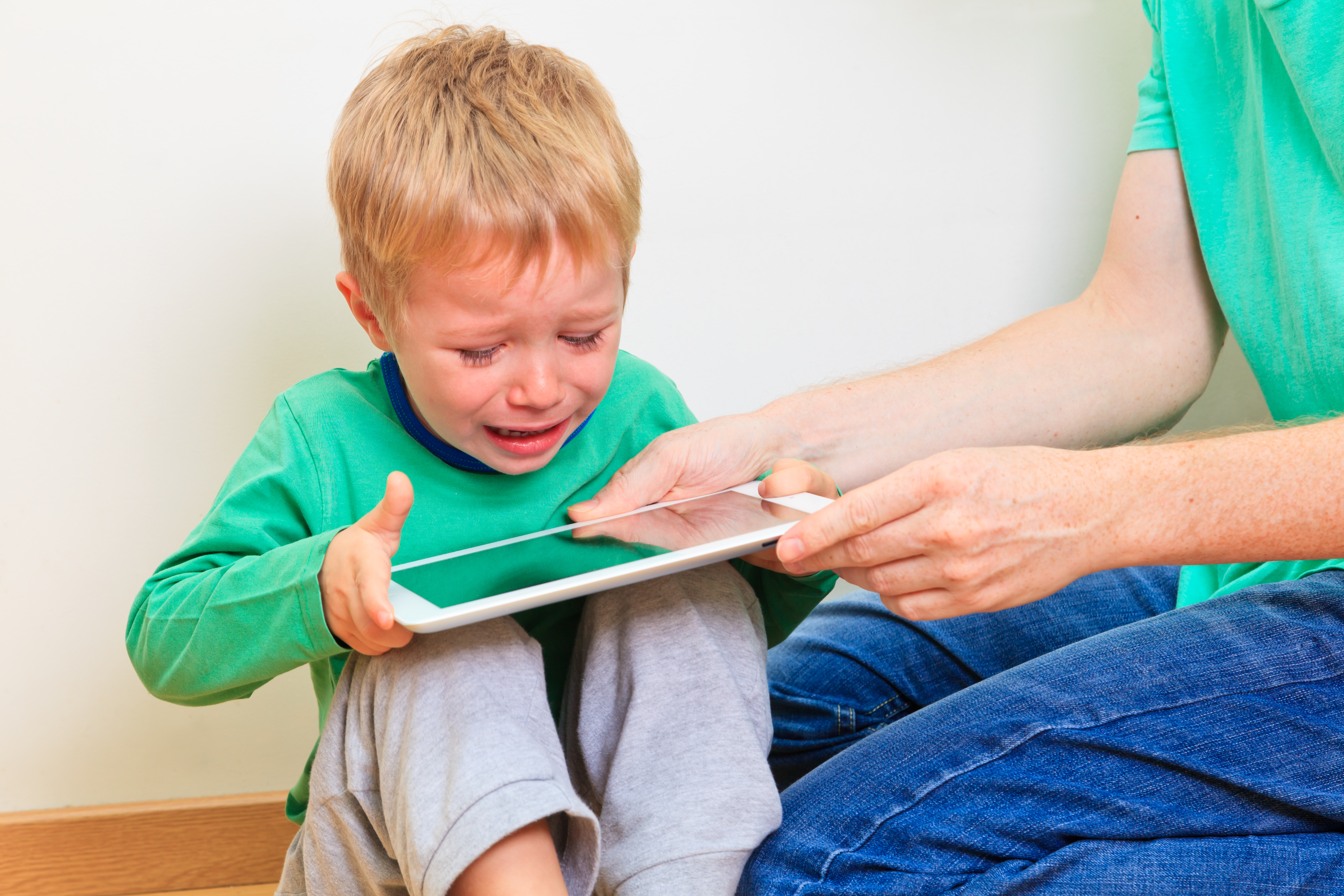
We understand that it’s not always easy to get children to switch from one thing to the next without complaints or tears, so we’ve invited our ToBeMe Thought Leader and parenting expert, Dr Rosina McAlpine to offer some ideas for our parenting community.
Setting the scene
Do you find it challenging to get the kids to stop what they’re doing to start on a new activity, like leaving for pre-school so you’re not late for work, coming to the lunch/dinner table so it doesn’t get cold, or to starting the bedtime routine so they get a good night’s sleep?
Do you have to ask multiple times and end up raising your voice … especially if it’s to stop your child’s screen time?
If you answered YES to some or all of those questions, know you’re not alone.

Finding empathy and understanding
Transitions are not easy for any of us – child or adult alike. When you’re writing an email or report you’re interrupted and required to stop mid-sentence to do something less fun like attend a meeting, manage a work problem or take out the garbage at home… pretty sure you wouldn’t like the transition either.
When we put it like that and stand in our children’s shoes it helps parents and carers to be a little more compassionate and mindful when asking children to take their full attention off what they’re “happily” doing and transition to something they may not enjoy as much or even at all!
Having said all of this … there are still ways to make those transitions more successful. Here are a few practical tips:
Simple steps for more successful transitions:
1. Before your child starts an activity – explain the schedule and get them to “agree” to the schedule. For example, you can say something like “you can watch 30 minutes of your favourite show before dinner, but then we need to turn it off to sit at the table and have dinner together OK?”
2. Have a visual timer nearby – like an hourglass where sand flows with the passage of time or a countdown time so the child can start to be aware of time passing.
3. Eight to ten minutes before your child needs to transition from one activity to the next, go to your where your child is and stand beside or behind and observe them quietly for a minute or so. This will give you the opportunity to gather “intel” (LOL) and see what they’re up to. Eventually, they may notice you – this is great as you have already moved them from being completely immersed in their own world to coming back to the world where you are!
4. Start a discussion by encouraging your child(ren) to tell you what they’re doing. They’re usually happy to share and engage with you. If not, it might require more direct questions to begin with to start the conversation.

5. After the short chat, let your child(ren) know how long they have left for the activity. For instance, five mins and outline the next activity as “enticingly” as you can. You might say “It’s nearly dinner time and I have your favourite tonight”. Or “Let’s go and have a bath so you can choose a book to read before bed”. Sing or dance in the transition…make it a fun song in a funny voice like “don’t worry be happy la la la la la”. If your child seems excited, simply explain you’ll stay & wait here with them until time’s up. Then you’ll go to the next activity together. Best not to leave them and then have to shout multiple times from afar! That never works and just make things worse!
6. If your children don’t agree to willingly stop what they’re doing to go to the next activity. Which is often the case, …ask how you can help them to end this activity so they can move to the next smoothly! Eg: for a Minecraft or Lego build, write down next steps so they don’t forget…Reassure them when they can come back to it later or tomorrow – whatever the case may be.
7. If they still disagree and you’re transition has tears, shouting or complaints, at a later time when things are calm or before the next time they have a transition, remind them of their “agreement” about smooth transitions, the importance of learning self-regulation, respecting time limits and being responsible.
8. Be patient. It may not happen quickly. But over time your child(ren) will learn the skills they need to self-regulate. Therefore, be able to peacefully transition from one activity to the next. Self-regulation is one of the key life skills for a happy, healthy and successful life for your child.
What are your strategies and tips for a successful transition – please share them in the comments below!
Hope you found this article helpful.

Dr Rosina McAlpine is the ToBeMe Early Learning Thought Leader for Curriculum Development and Parenting. She is the CEO and creator of the Win Win Parenting program. As a leading parenting expert, Dr Rosina appears regularly in the media. Dr Rosina has a Masters and PhD in Education and is an internationally recognised, award-winning researcher and educator.
Comments are closed.






